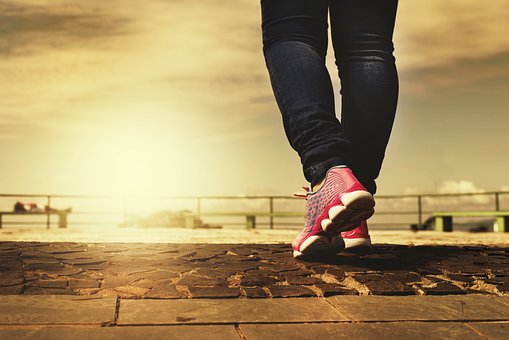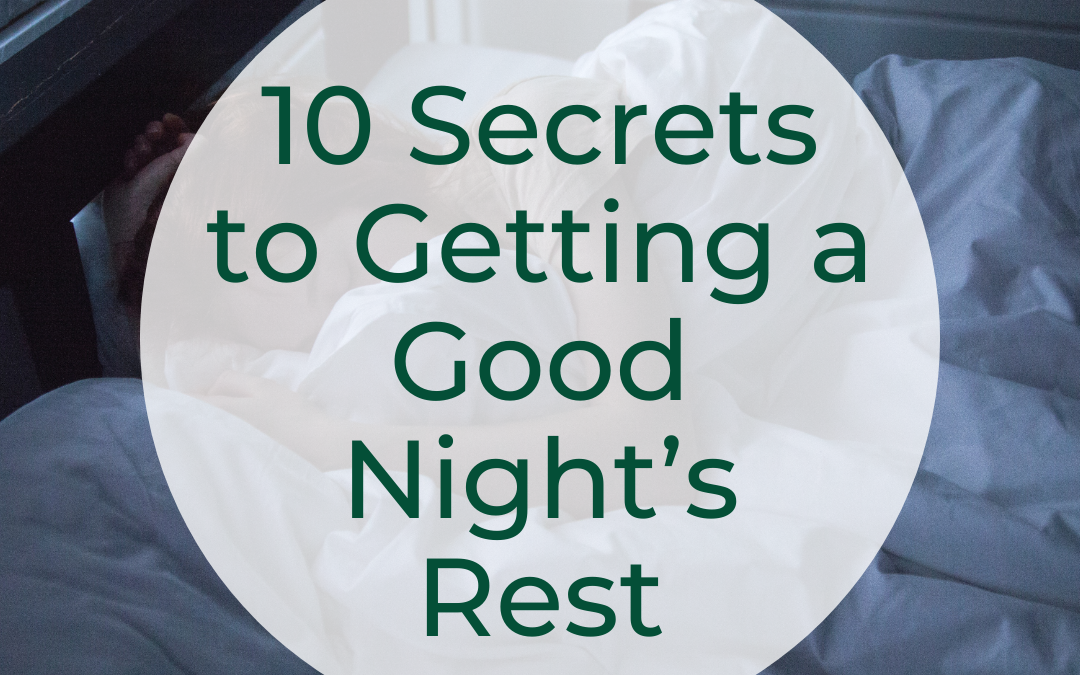Spending your nights counting sheep instead of fast asleep? You’re not alone. These days (and especially during a pandemic), anxiety, stress, and uncertainty are leading to bigger sleep issues than we have ever had before.
It’s no secret that adequate sleep is essential for your overall health and wellbeing. Sleep doesn’t only affect your mood and energy levels the next day; a lack of sleep can increase your risk of severe health problems. Yet sleep is often overlooked and replaced with screen time over overtime hours at work.
Do you suffer from any of the following?
- Difficulty falling asleep?
- Difficulty staying asleep?
- Waking up frequently during the night?
- Waking up in the early hours of the morning, unable to go back to sleep?
The causes of sleeplessness are varied and can be complicated. They can include:
- Medical illnesses such as painful or uncomfortable conditions, heart diseases, respiratory diseases, musculoskeletal disorders
- Alcohol and drug abuse
- Disorders such as depression, anxiety and stressful life situations
As part of our Healthy Habit Makeover, we’re uncovering some of the secrets to better sleep. If you’re struggling with your sleep hygiene, read our 10 tips for getting a good night’s rest.
FIRST, THE GOOD NEWS: Getting a good night’s sleep may seem impossible when you’re lying wide awake at 3 am, but you have much more control over the quality of your sleep than you probably realise.

#1 Improve your sleep environment
Turn your bedroom into a sleep sanctuary:
- Invest in a good quality mattress and pillows
- Ensure that your bedroom is cool and well-ventilated (around 20°C seems to be a comfortable temperature for most people)
- Use dim lighting in the bedroom
- Use earplugs to cancel out any noises

#2 Get some exercise
Getting active during the day boosts the effect of natural sleep hormones such as melatonin. Exercise doesn’t just help you fall asleep, but also increases the amount of time you spend in the deep, restorative stages of sleep. One study in older adults determined that exercise cut the time it took to fall asleep by nearly 50% and provided 41 more minutes of sleep at night.
A morning workout is ideal because exposure to bright daylight first thing in the morning helps the natural circadian rhythm. For some people, exercising too close to bedtime can be stimulating. Try not to do vigorous workouts at least three hours before bedtime.
Be patient and build an exercise habit that sticks, as it can take months of regular activity before you experience the full sleep-promoting effects.

#3 Reduce blue light exposure
What do many of us do just before bed? Or when we first wake up? Or when we are struggling to sleep?
As you probably know, picking up up your phone is one of the worst things you can do while trying to sleep. And this goes for all bright screens, which you should avoid within 1-2 hours of your bedtime. Yes, that means no more late-night TV!
The blue light emitted by phones, tablets, computers and TVs is especially disruptive as it suppresses melatonin (the sleep hormone) by tricking your brain into thinking it’s still daytime.

#4 Get more natural light
Getting more natural light during the day helps to balance your sleep hormones into an appropriate routine. Expose yourself to bright sunlight first thing in the morning. The light on your face will help you wake up, so enjoy a cup of coffee outside, do some exercise outside, or eat your breakfast near a sunny window. During the day, spend more time outside too. Go outside to take a break from work, or go for a quick walk.
While you’re inside, let in as much natural light in your home or workspace as possible by keeping curtains and blinds and sitting close to the window.

#5 Get into some healthy bedtime habits
While we’re on the topic of routine, starting a healthy bedtime routine will help your brain and body know that it’s time to sleep. A peaceful routine before bed sends a powerful signal to your brain that it’s time to wind down and let go of the stresses of the day. What your routine looks like is up to you – what you enjoy doing and what relaxes you. Some ideas include:
- Having a warm shower or bath
- Listening to soothing music
- Meditation
- Reading
- Deep breathing
- Massage

#6 Establish your sleeping schedule
A healthy sleeping schedule means sleeping and waking up around the same time every day. This schedule will strengthen your body’s sleep-wake cycle, which is called your circadian rhythm. Your brain and body rely on your circadian rhythm when it comes to sleepiness and wakefulness.
Being consistent with sleeping and waking times:
- Improves sleep quality
- Helps you fall asleep at night
- Helps you wake up without an alarm
A note on napping: While napping is a good way to make up for lost sleep, it can also make things worse if you have trouble falling asleep or staying asleep at night. Limit daytime naps to 15 to 20 minutes in the early afternoon. That being said, if you take regular daytime naps and sleep well at night, you can keep doing so since the effects of napping depend on the individual.

#7 Put the drink down
Avoid alcohol and caffeine before bed, and cut back on all fluids just before bedtime.
Although some people may think that alcohol makes them sleepy, it’s actually a stimulant that disrupts sleep during the night. Alcohol can also reduce nighttime melatonin production and lead to disrupted sleep patterns.
If you struggle to sleep, avoid drinking caffeine as much as possible, as it is known to be very disruptive of sleep. If you need your caffeine fix in the morning, try not to have any more of it at least seven to eight hours before your bedtime.
Although hydration is vital for your health, it’s wise to reduce your intake of all fluids late in the evening (1 – 2 hours before going to bed). This will help you avoid disrupting your sleep by getting up to go to the loo at night.

#8 Less stress
It can be difficult to sleep when you are stressed and anxious, so you need to learn to manage your stress. Ideas include:
- Doing calming activities as part of your bedtime routine, such as yoga, journaling, or meditation.
- Sipping on a cup of chamomile tea to help your mind wind down.
- Managing distractions and stimulations during the day by focusing on one task at a time and only checking your email and social media at specific times during the day.

#9 Learn ways to get back to sleep
Waking up briefly during the night is normal, but many people have trouble falling back asleep again. These tips may help:
- Stay out of your own head and try not to stress about your inability to fall asleep again.
- Focus on the feelings in your body.
- Practice breathing exercises.
- Make relaxation your goal, not sleep.
- Try a relaxation technique such as visualisation or progressive muscle relaxation.
- Do a quiet, non-stimulating activity (such as reading a book) if you’ve been awake for more than 15 minutes.
- Keep a notebook near your bed. If you wake up feeling worried or brainstorming, write your thoughts down and attend to them the next day

#10 Try a homeopathic remedy
Homeopathic remedies for sleeplessness have no side effects and no drug interactions, which means they can be used safely with other medications.
- Valeriana officinalis – may help you fall asleep and improve sleep quality
- Passiflora incarnata – may help to quiet the nervous system to induce normal sleep.
- Avena sativa – contains compounds which are both sedative and soothing to the brain and nervous system.
- Coffea tosta – quite well indicated in sleeplessness from excessive caffeine intake and insomnia with the jitters.
Remember, homeopathic treatment is individualised, so the best approach is to find a homeopathic Doctor near you who can prescribe the best treatment for your needs.
Putting sleepless nights to bed
The causes and reactions to sleeping poorly are varied and individualised, so what works for one person may not necessarily work for another. However, by trying the tips in this article, you may find a combination that helps you sleep better and improves your overall health and wellbeing.

